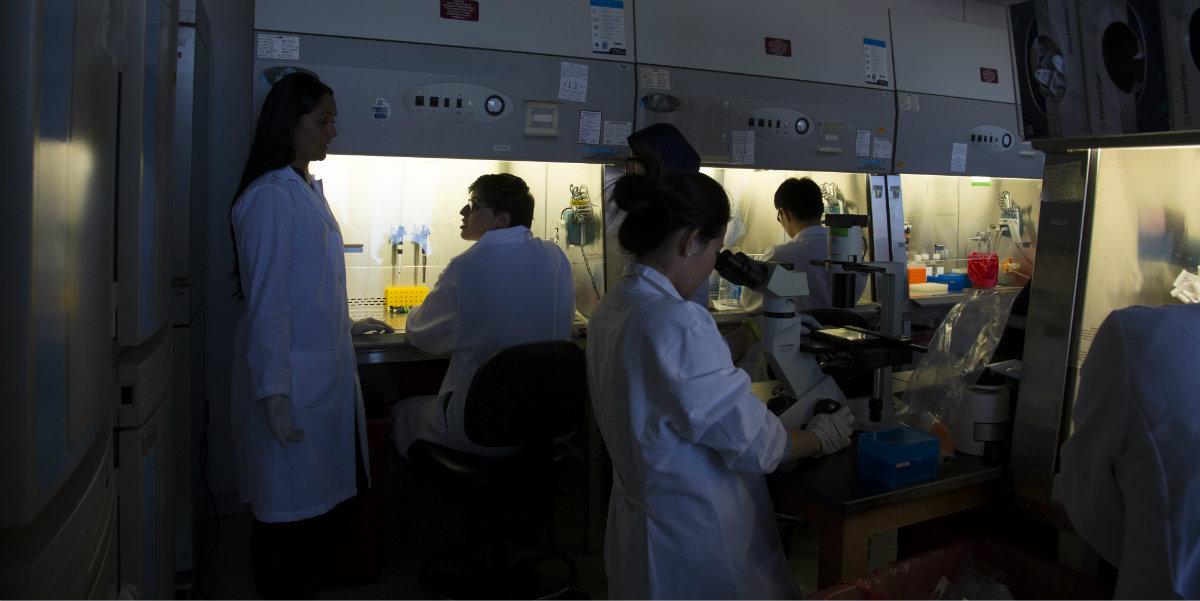Immunology and Microbiology

Microbiological and immunological investigations will permeate diverse areas of the Columbia Precision Medicine Initiative. Vaccination and elimination of infectious diseases, as well as the damage to our own tissues that occurs during autoimmunity, allergy, asthma, and transplant rejection, are all amenable to tailored therapy based on genomic and high-density phenotypic analyses. Many diseases traditionally regarded as being outside the sphere of immunology, for example, atherosclerosis, Type-2 diabetes, and cancer, are now understood to possess prominent inflammatory components in their pathogenesis. Hence there will be synergistic outcomes when investigators studying such diseases unite with immunologists to understand their common molecular underpinnings and devise customized treatments.
A major area where precision medicine and microbiological and immunological studies overlap is in the exploration of the role of microbiome and its variable effects on individuals. Many of the effects of the microbiome are dependent on the genetic makeup of the host. The role of precision medicine will be to improve our understanding of this interaction.
Another emerging area with clear links to precision medicine is immunotherapy, which is revolutionizing the treatment of cancer. Despite the widespread success of such therapies, current immunotherapy treatments fail in a significant portion of patients. Precision medicine will play a key role in determining when, how and why patients will benefit from immunotherapy and identify combinations of immune therapy and traditional treatments.
Learn more about the Department of Microbiology and Immunology.
